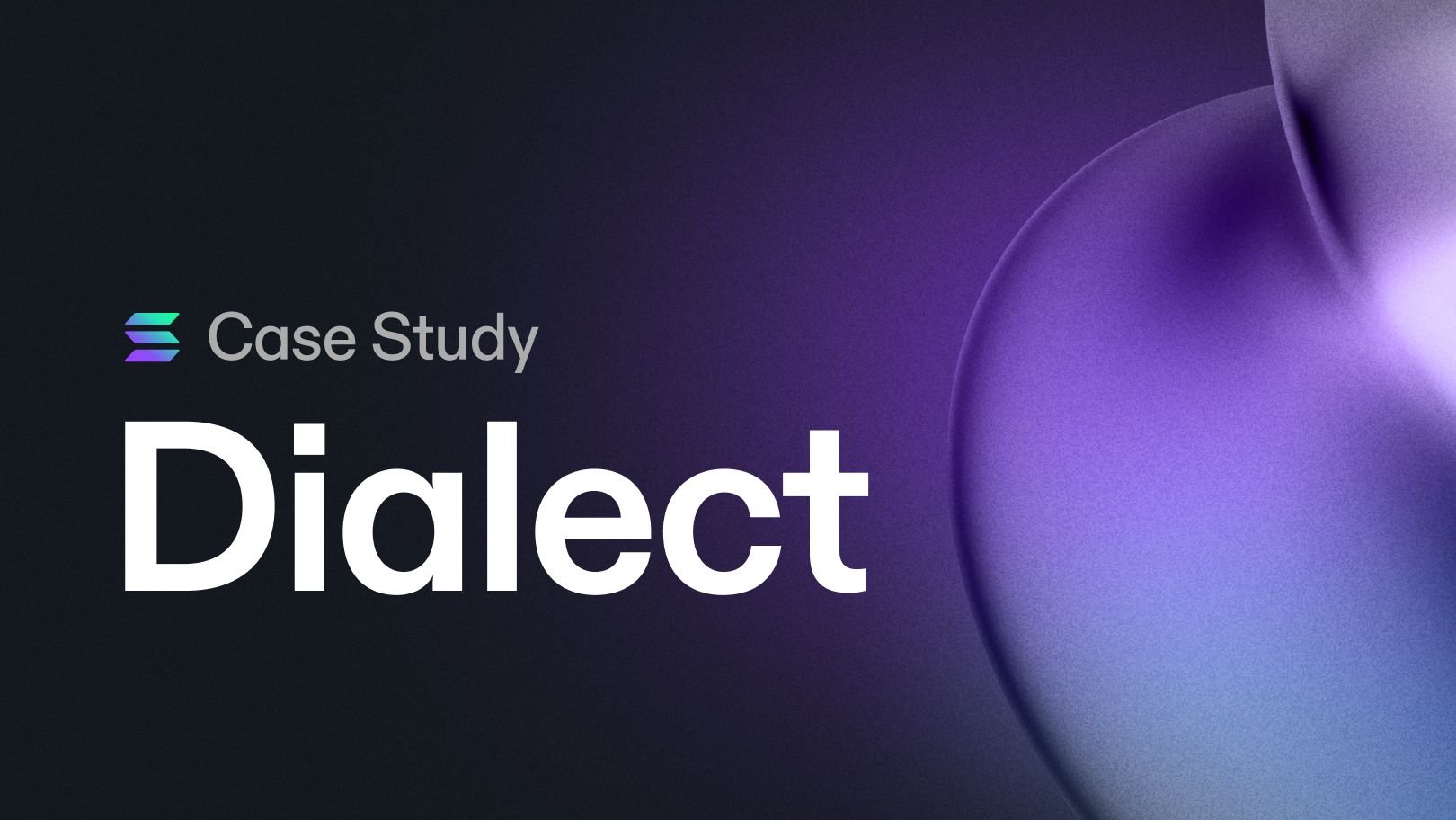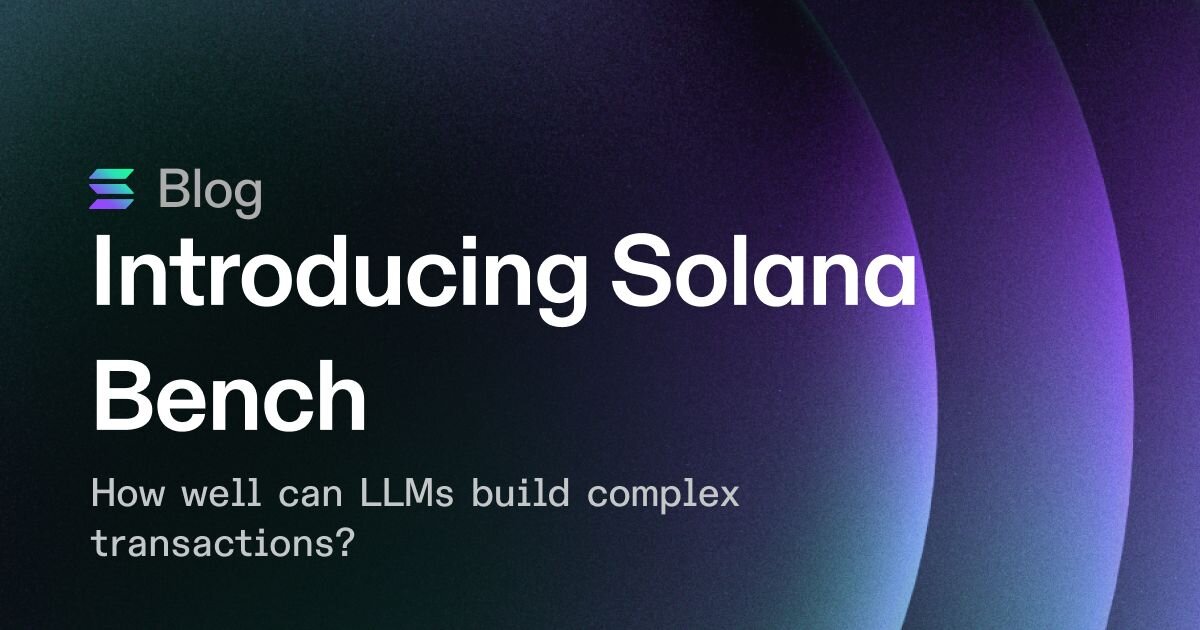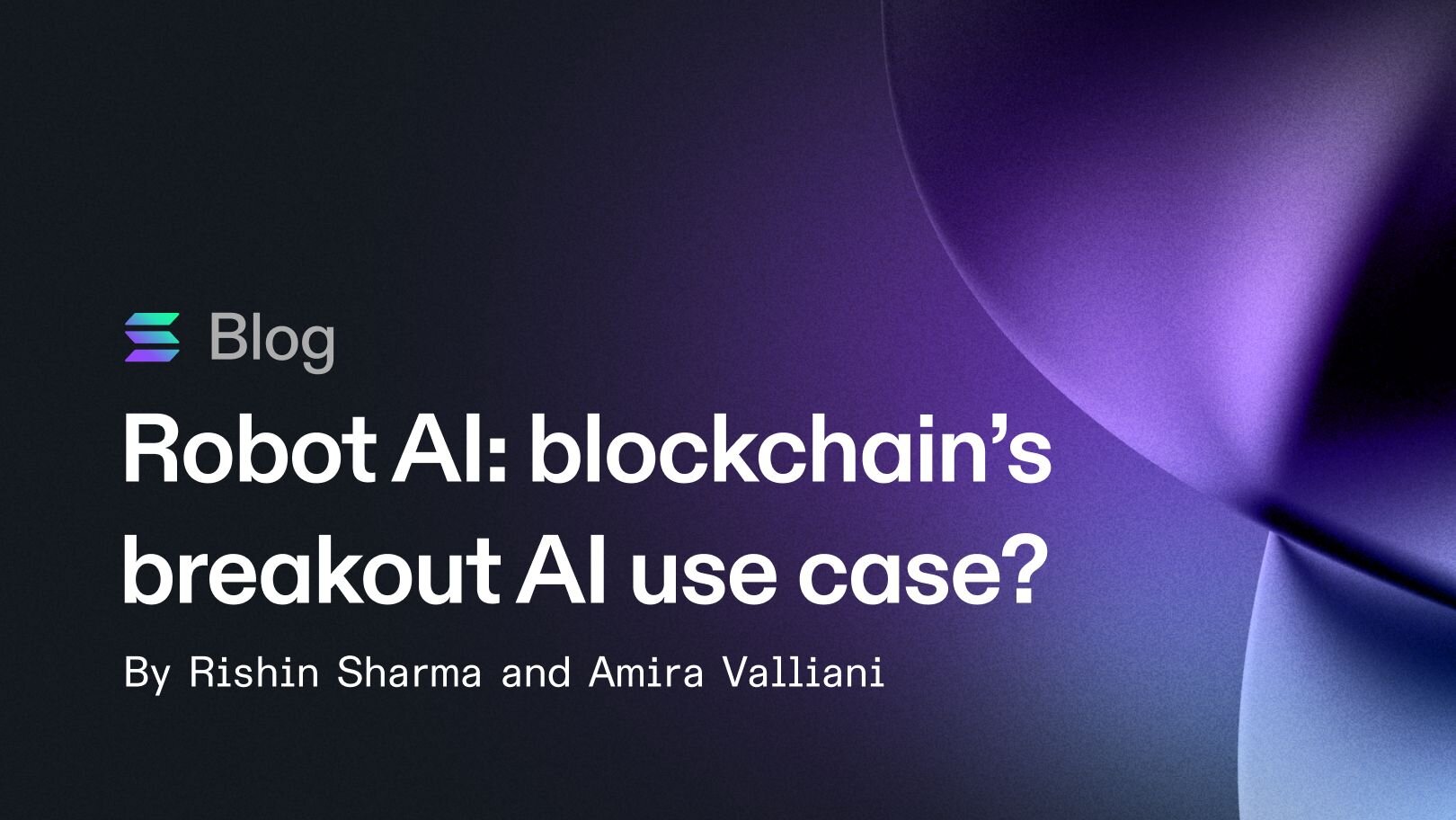The Social Nature of NFTs
Collecting, appreciating, and sharing art is human nature. This is true with digital art, too, as evident when trying to find the perfect emoji or right sticker to send over text message or popular apps like WhatsApp, Telegram, or Signal. Non-fungible token (NFT) technology has extended this behavior to digital collectibles, giving people the chance to collect digital art and express their personalities with friends.
A new technology on Solana called state compression is making this inclination up to 2000 times cheaper. Dialect, a blockchain-based mobile messaging tool, is leaning hard into state compression with its interactive messaging functionality. A social messaging app built on Solana, it lets people share their personality with their friends by letting them mint and share stickers directly within the messaging platform.
The Cost Savings Breakdown of Compressed NFTs
Solana is already known for its cost-effective infrastructure. The normal price of NFT minting on Solana is 0.012 SOL, a comparatively low figure among blockchains. The fee structure in a typical mint increases linearly, meaning the collector pays 0.012 SOL for each NFT they mint. But enterprises that want to issue NFTs to thousands or millions of users must employ technologies that allow NFT mints to get cheaper as volume increases.
"With state compression, NFT minting costs increase with scale, not linearly," Osborn says. Minting 100,000 NFTs costs $103, and a million NFTs (ten times the original amount) for only $30 more.
How Compressed NFTs Make Minting in-App Stickers Possible
Compressed NFTs rely on a unique innovation from the Solana ecosystem known as state compression. Using a Merkle tree, a commonly known cryptographic structure that branches data into multiple “leaf” nodes connected to a single “root,” state compression stores the minimal amount of data on chain in order to confirm that an NFT’s underlying data is correct, while storing updates in the Solana ledger to take advantage of the chain’s security and decentralization.
And with RPC providers and NFT indexers like Helius, Triton, and SimpleHash help with the heavy lifting of managing their own version of the tree, taking advantage of this technology is orders of magnitude easier. Before state compression, messaging apps would have to either 1) bear the full cost of transactions to enable in-platform NFT mints, or 2) transfer those costs to the user.
"This has disincentivized apps and dApps from attempting to make NFTs available on a massive scale," Osborn says.
The Social Nature of NFTs
Some NFT collectors focus on rarity and scarcity to drive price speculation. But there’s more to be said for the way NFTs can bring together communities and friends, explains Dialect cofounder and CEO Chris Osborn.
"The company introduced the idea of making chat stickers—a concept already used in popular messaging apps like WhatsApp and Telegram—collectible and ownable, thereby giving users a way to express their unique identities," Osborn said.
"NFT chat stickers are exactly what you’d expect," Osborn said. "They are NFTs like any other, but the art is expressive."
Conclusion
Dialect is a blockchain-based mobile messaging tool that uses compressed NFTs to make interactive messaging functionality possible. With the cost of NFT minting reduced to almost negligible, Dialect is enabling users to share their personality with friends and create a new form of digital collectibles. This technology has the potential to bring web3 to mainstream adoption.
FAQs
Q: What is compressed NFT technology?
A: Compressed NFT technology uses a unique innovation from the Solana ecosystem known as state compression, which stores the minimal amount of data on chain in order to confirm that an NFT’s underlying data is correct, while storing updates in the Solana ledger to take advantage of the chain’s security and decentralization.
Q: How does compressed NFT technology reduce the cost of NFT minting?
A: Compressed NFT technology reduces the cost of NFT minting by increasing the cost with scale, not linearly. This makes it possible for enterprises to issue NFTs to thousands or millions of users without incurring exorbitant costs.
Q: What is Dialect, and how does it use compressed NFT technology?
A: Dialect is a blockchain-based mobile messaging tool that uses compressed NFT technology to enable users to mint and share stickers directly within the messaging platform. This technology allows users to express their unique identities and create a new form of digital collectibles.
Q: How does compressed NFT technology make web3 more scalable for businesses?
A: Compressed NFT technology makes web3 more scalable for businesses by reducing the cost of NFT minting, making it possible for enterprises to issue NFTs to thousands or millions of users without incurring exorbitant costs. This enables businesses to create new forms of digital collectibles and interact with their users in new and innovative ways.








